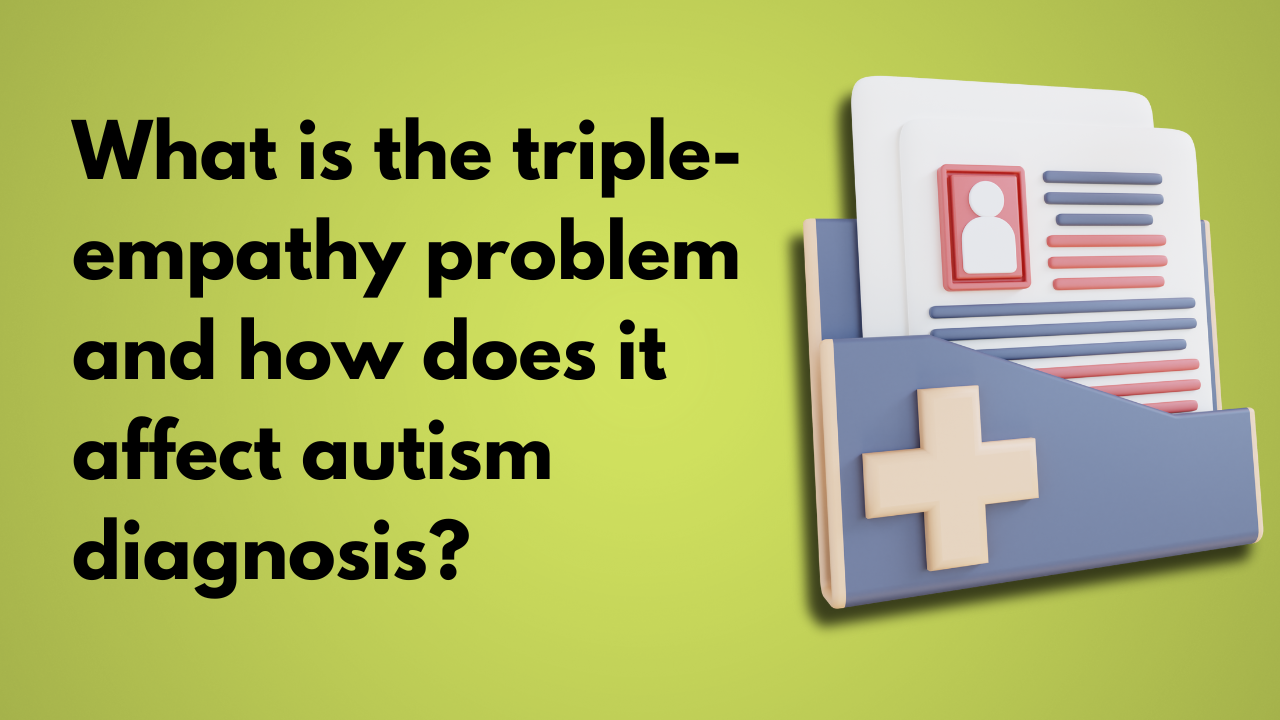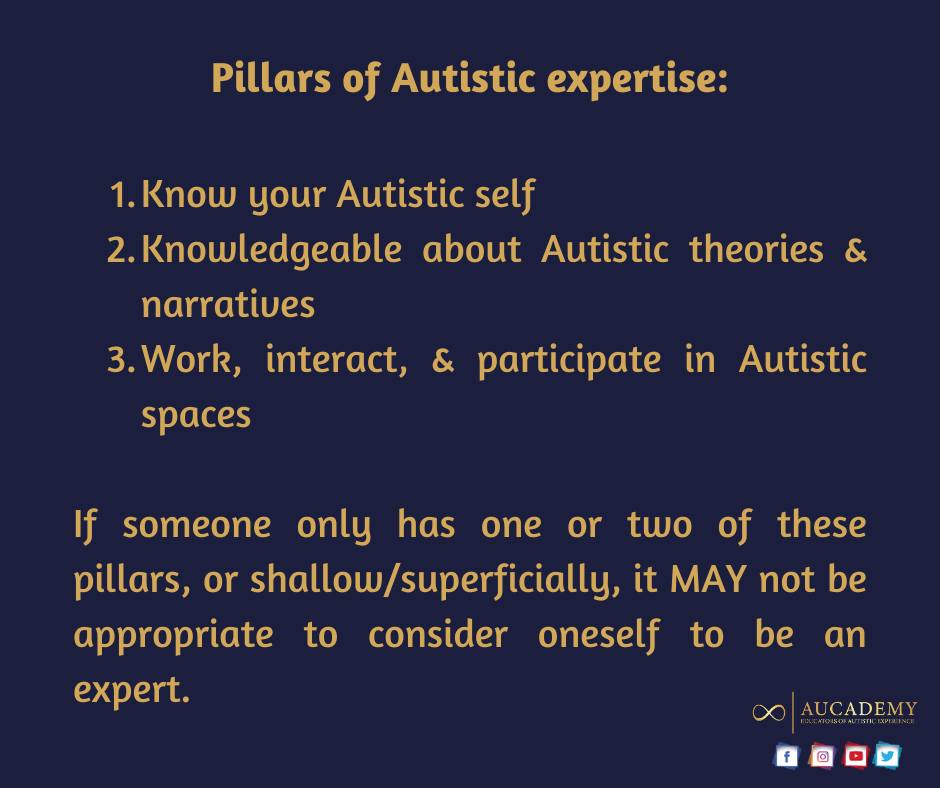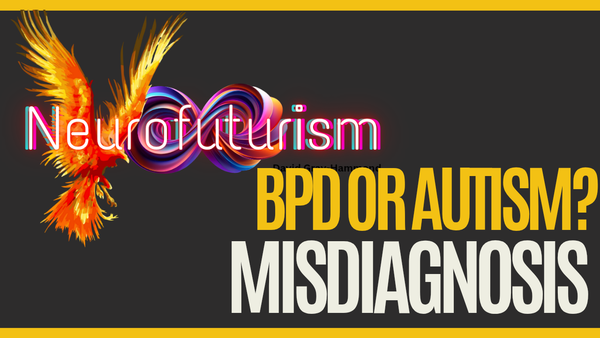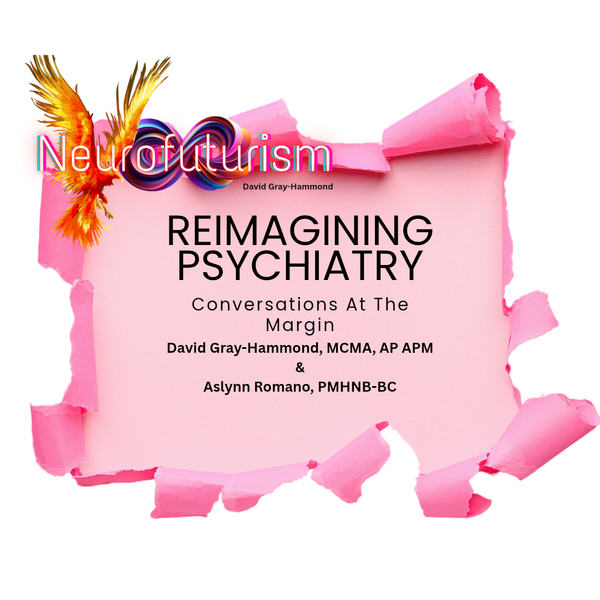CAMHS: The triple-empathy problem and autism diagnosis

Child and Adolescent Mental Health Services (CAMHS) are known for failing to support the mental health of Autistic children. Unfortunately this is not the only issue with such services, they are often responsible for the assessment and diagnosis of neurodivergence such as autism or ADHD. Within the context of autism, there have been numerous reports of young people being denied diagnosis due to a mismatch of understanding between professionals involved in the process. While school professionals will often hinder the process, CAMHS are not immune from also presenting barriers. In this article I intend to consider the triple-empathy problem (Shaw et al, 2023), alongside the concept of neurodivergence competence (Gray-Hammond and Adkin, 2023) and how an understanding of the two can improve access to diagnosis.
What is neurodivergence competence?
Neurodivergence competence can be understood as a form of cultural competency where in a person has an intimate understanding of neurodivergent ways of communicating, processing, displaying emotions, and socialising (this is a non-exhaustive list). I view it as being particularly similar to the pillars of expertise as stated by Aucademy.



